Description
Ronil 1gm Injection contains Ceftriaxone, a third-generation cephalosporin antibiotic used for the treatment of moderate to severe bacterial infections. It is administered via intravenous or intramuscular injection and works by destroying bacteria and preventing their growth. It is commonly used in hospital settings for infections such as pneumonia, meningitis, urinary tract infections, abdominal infections, bone and joint infections, and sepsis. It may also be given prophylactically before surgery to prevent infection.
Indications
-
Severe respiratory, urinary, abdominal, bone, and joint infections
-
Sepsis (life-threatening infection response).
-
Meningitis.
-
Pelvic inflammatory infections.
-
Surgical infection prevention (preoperative use).
How It Works
Ceftriaxone disrupts the bacterial cell wall structure, causing the bacteria to break down and die. It is effective against a wide range of Gram-positive and Gram-negative organisms, including resistant strains like E. coli.
Doctor’s Overview
Reviewed by Dr. A. Rahman — Consultant Infectious Disease Specialist
“Ceftriaxone is widely used in hospitals for serious bacterial infections due to its broad coverage and once-daily dosing convenience. However, like all antibiotics, its use should be guided by clinical judgment and culture sensitivity where possible to prevent resistance.”
Side Effects
Common:
-
Gastrointestinal discomfort.
-
Skin rashes or allergic reactions.
-
Changes in blood counts.
Less Common but Notable:
-
Injection site pain or vein inflammation.
-
Elevated liver enzymes.
-
Kidney-related effects such as presence of crystals or stones.
-
Rarely, pseudomembranous colitis (severe diarrhea caused by C. difficile).
Drug & Condition Precautions
Use with caution in:
-
Kidney or liver impairment.
-
History of allergy to penicillins or cephalosporins.
-
Neonates with jaundice or calcium IV therapy (risk of precipitation).
-
Patients prone to bleeding or anemia.
Contraindications
-
Known hypersensitivity to beta-lactam antibiotics.
-
Premature newborns (<41 weeks postmenstrual age).
-
Neonates with jaundice, low albumin, or metabolic acidosis.
-
Simultaneous IV calcium treatment in newborns (risk of deposits in organs).
Warnings
-
Pregnancy: Generally considered safe when prescribed by a doctor.
-
Breastfeeding: Usually compatible — caution advised.
-
Driving: May cause dizziness in some individuals.
-
Hydration: Adequate fluid intake is recommended to prevent kidney issues.
Disclaimer
The information provided above is for educational reference only and must not be used as a substitute for professional medical advice or treatment. Antibiotics like Ceftriaxone should only be administered under the supervision of a licensed healthcare provider. Always consult your doctor for diagnosis, dosing, and safety guidance.

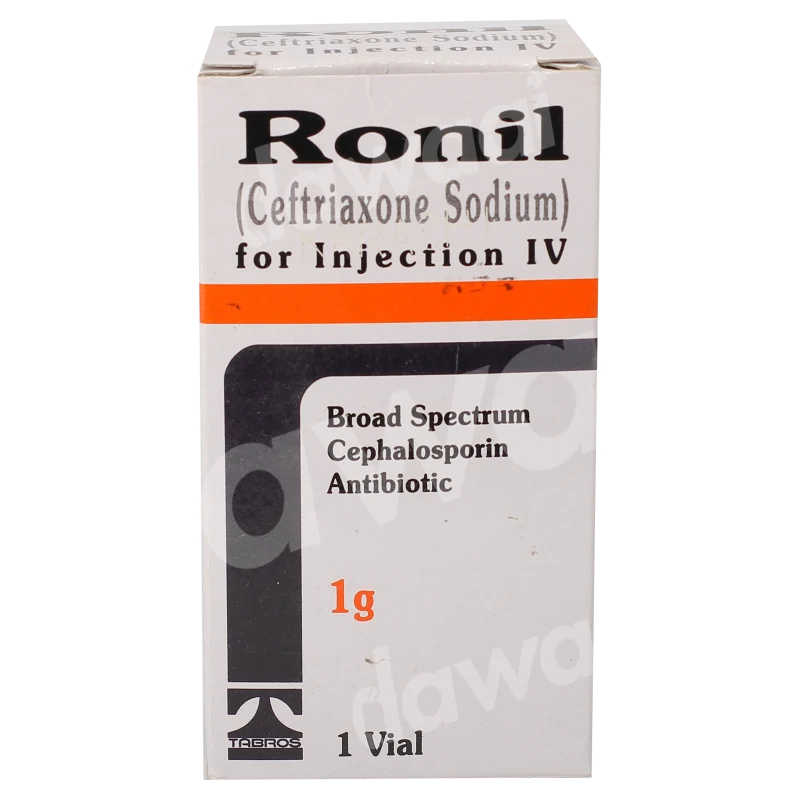
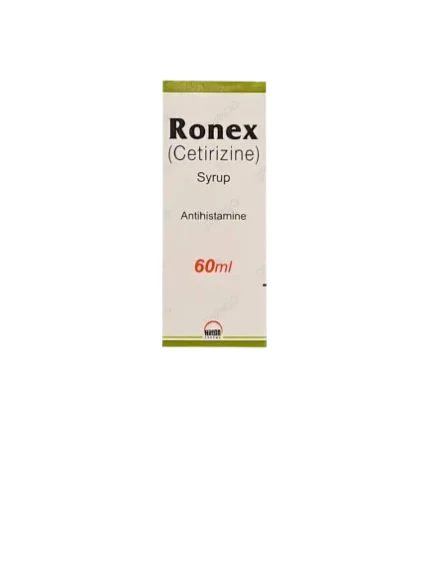
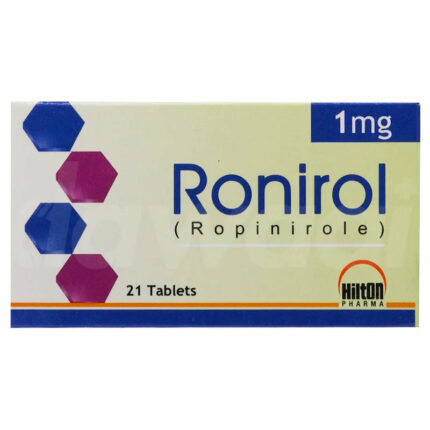
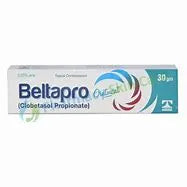
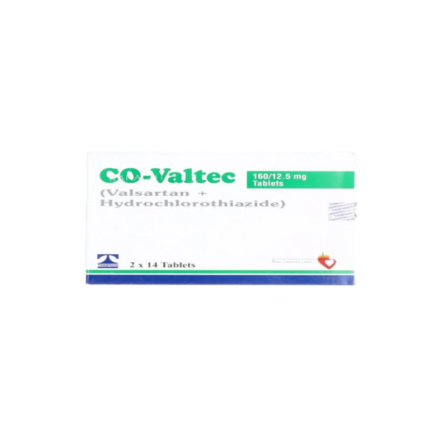
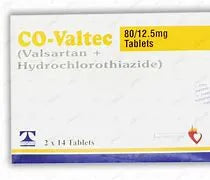
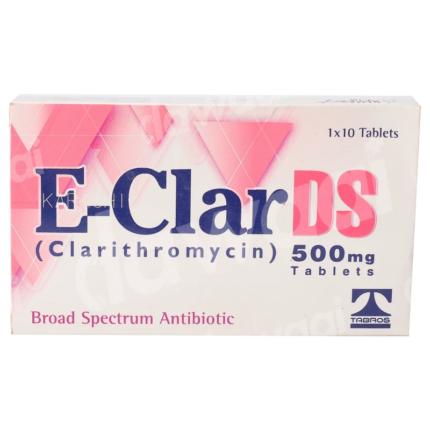
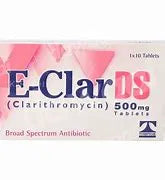

Reviews
There are no reviews yet.